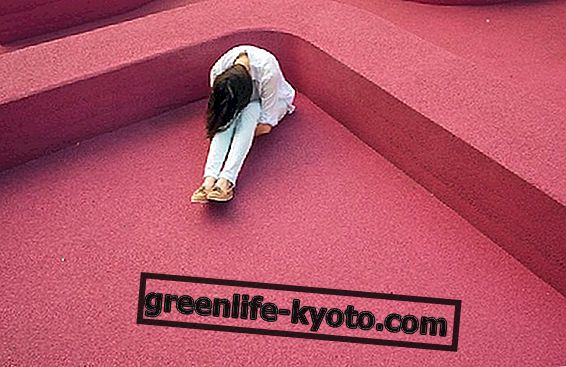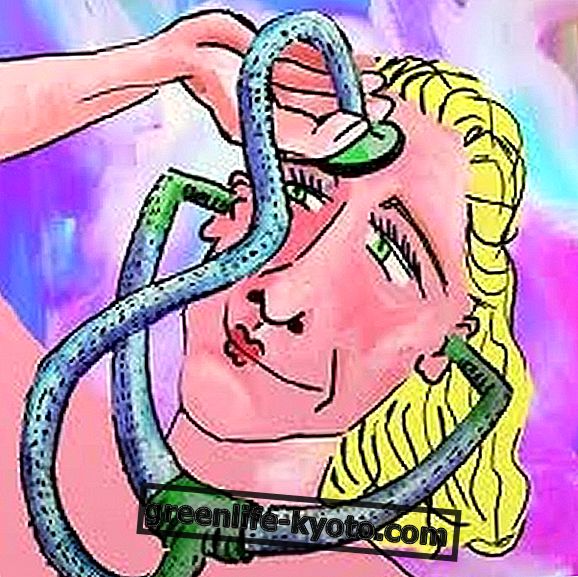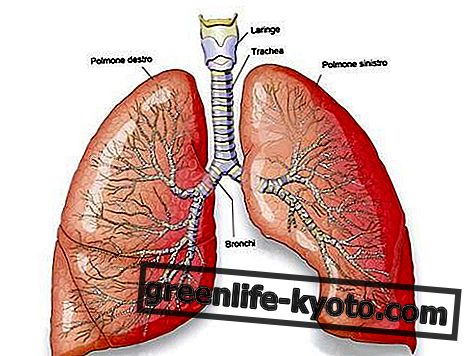
In the period of the so-called menopause the woman suffers a strong hormonal stress that determines some very common disorders: sudden hot flashes, sudden changes in pressure, sudden mood changes, anxiety attacks, disturbed sleep, insomnia.
In particular, sleep disorders trigger a vicious circle of nervousness, restlessness and fatigue that damage the female relational sphere. Let's see them in detail.
Insomnia from menopause
Insomnia from menopause is generally that form of median insomnia that abruptly interrupts sleep and leaves the poor victim awake and at the mercy of the darkest thoughts in the middle of the night. We often wake up to copious night sweats that force us to change the pajamas and sometimes the sheets.
Resuming sleep afterwards is often very difficult and anxiety can occur and at night we know every little difficulty seems to grow; in these cases it would be more appropriate to get up and engage in some domestic activity, rather than turning over in bed nervously, or reading a book or: in short, the watchword is to get distracted, keep your mind occupied if you can no longer sleep.
Sometimes it also happens to suffer from initial insomnia, that is, difficulty in getting to sleep immediately as soon as you lie down, the palpitations begin, another symptom linked to anxiety and typical of the menopause period: one gets the impression that the heart goes into fibrillation and its beating reverberates in the ear and seems to come out of the chest, a sensation that shakes further and is very frightening.
Generally they are stress palpitations, or poor nutrition : avoid eating carbohydrates and sugars in the evening, which causes stomach swelling that can excite the outermost cardiac wall and cause a reaction.
Natural remedies for insomnia from anxiety
Sleep apnea from menopause
There are sleep disorders related to difficult breathing in the supine position . The causes are many, but in menopause it is attributed to possible weight variations : the metabolism slows down, the appetite increases and often it happens that a woman sees her body change within a few months.
The increase in body weight significantly affects breathing as well as the cardiovascular system; this induces nocturnal phenomena of roncopatia or real nocturnal apneas that interrupt sleep on several occasions and leave the subject weak and tired because sleep is not restorative.
Nocturnal fibromyalgia from menopause
It happens in some cases that menopause brings with it various kinds of pains, muscular, articular, nervous, which become acute at night when lying down: the legs seem to find no rest, hands, joints hurt and give no respite.
Sleeping becomes so difficult, or you wake up many times in the middle of the night because the pain is felt and you have to change posture often: they are disorders that require a hormonal cure, and not with simple anti-inflammatories.
It is therefore advisable to talk about it with your gynecologist who will be able to indicate a hormone replacement therapy that will help soothe this form of torment.













